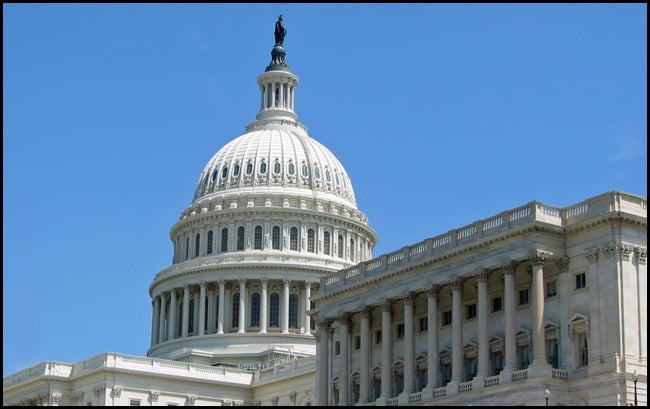An article titled CFPB official wants to silence a whistleblower before he can talk to Congress quotes whistleblower lawyer Jason Zuckerman about the rights of federal employees to disclose waste, fraud and abuse to Congress. The article describes the attempt by outside counsel to a CFPB official to strike a whistleblower’s testimony prior to an oversight hearing. The article states:
The attempt to silence Naraghi, said his lawyer Jason Zuckerman, “will likely chill other Bureau employees from disclosing waste, fraud and abuse or other wrongdoing at the bureau.” Zuckerman called it “a disturbing attempt to intimidate Mr. Naraghi, and (it) appears to be an improper attempt to interfere with critical congressional oversight of the Bureau.”
The Whistleblower Protection Act prohibits retaliation against a federal employee for making any disclosure that a federal employee reasonably believes evidences:
- a violation of any law, rule, or regulation;
- gross mismanagement;
- a gross waste of funds;
- an abuse of authority;
- a substantial and specific danger to public health or safety; or
- censorship related to research, analysis, or technical information that cause, or will cause, gross government waste or mismanagement, an abuse of authority, a substantial and specific danger to public health or safety, or any violation of law.
In addition, the Lloyd–La Follette Act of 1912 expressly recognizes the rights of federal employees to blow the whistleblower to Congress: “The right of employees, individually or collectively, to petition Congress or a Member of Congress, or to furnish information to either House of Congress, or to a committee or Member thereof, may not be interfered with or denied.” 5 USC 7211.








